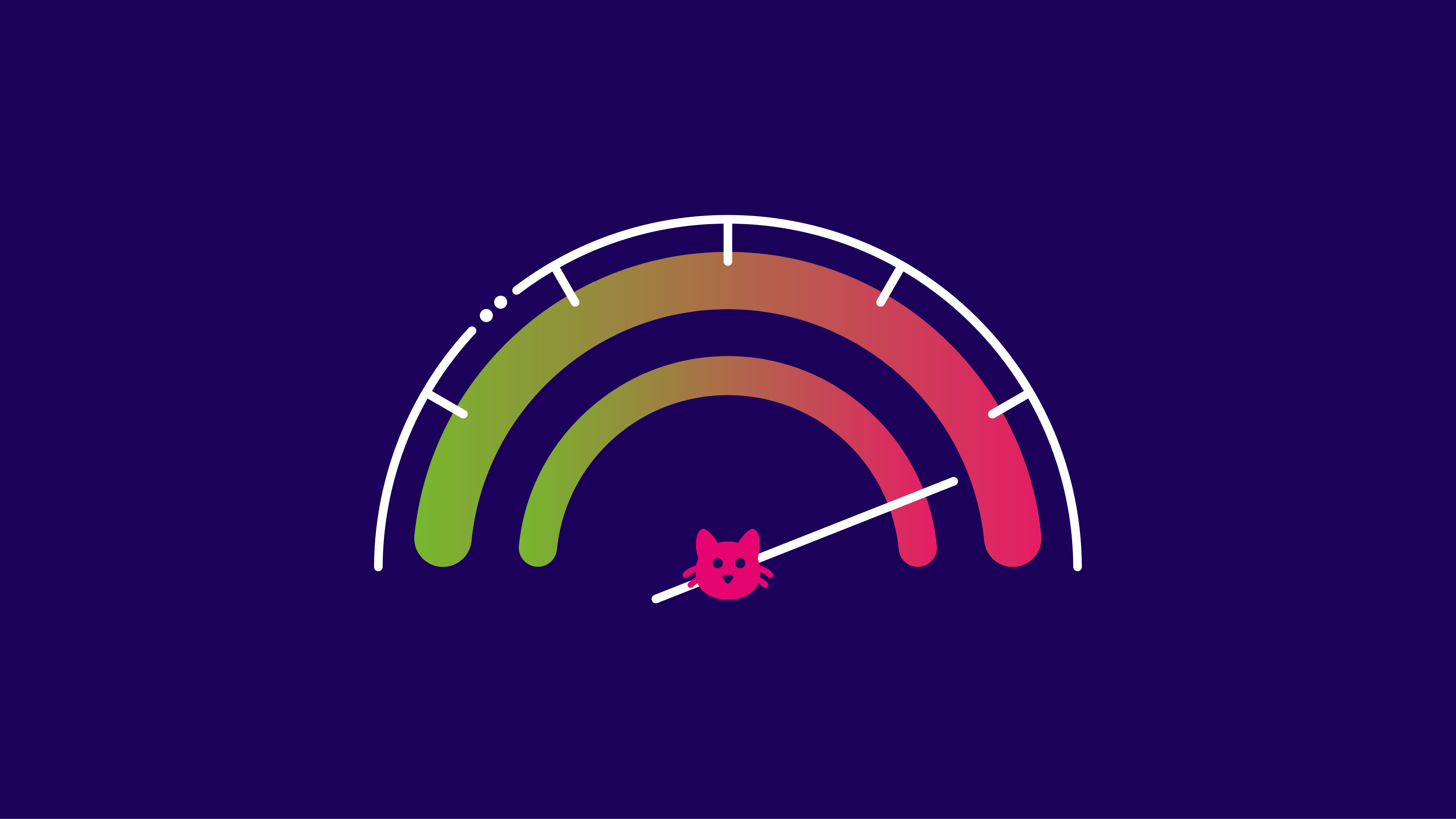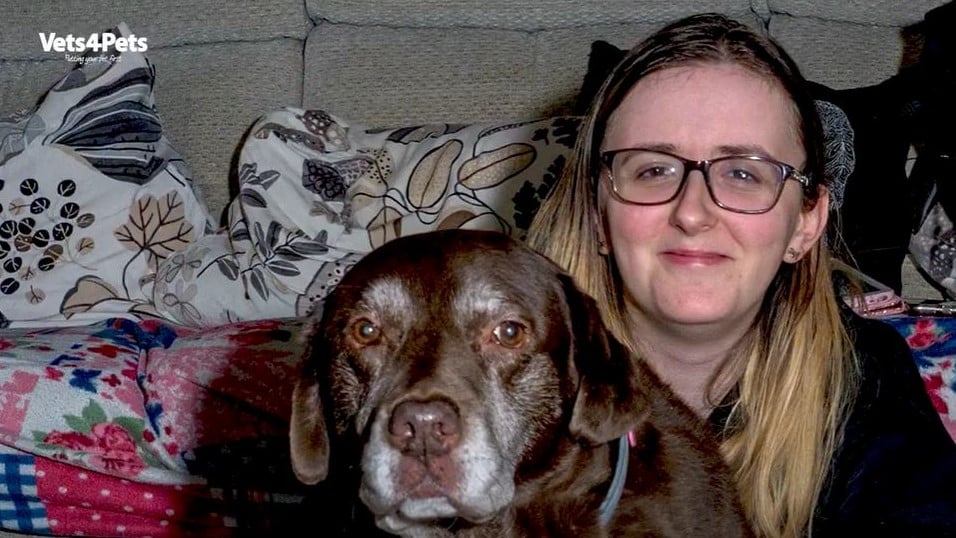
Dementia in pets
Also known as cognitive dysfunction syndrome, dementia has much in common with Alzheimer's disease in humans
Did you know that the behavioural changes we see in many of our senior pets aren’t just an inevitable feature of getting old – they could be a sign of dementia?
Up to 85% of cases are undiagnosed as pet owners mistakenly believe that the signs of dementia are features of old age.
The good news is that the sooner dementia is diagnosed, the better you can improve your pet’s symptoms and slow the disease progression down.
By recognising the signs early on, your vet can support you in managing the condition to ensure that your pet remains as happy and healthy as possible.
Dementia in dogs
Dementia, also known as canine cognitive dysfunction syndrome, is thought to affect nearly a third of 11 to 12-year-old dogs and over two-thirds of dogs aged 15 to 16 years.
Although dementia isn’t curable, there are things you can do to slow its progression and help your dog live with the condition. The earlier you catch it, the more effective those interventions can be.

Know the score about pet dementia!
Dementia symptom checker for dogs
Have you noticed your older dog acting differently? This could be down to a number of reasons, one of which could be dementia.
Up to 85% of dementia cases go undiagnosed, so to help you rule this out, take our questionnaire now.

Dementia in cats
Cats are living longer than ever. As a result, more cats are developing diseases associated with old age, one of which is dementia. Dementia is thought to affect almost a third of 11 to 14-year-old cats.

Know the score about pet dementia!
Dementia symptom checker for cats
Individual behavioural changes in cats could be due to one of several medical conditions but there are a number of behavioural changes which might indicate cognitive decline.
Complete our simple cat dementia questionnaire to identify whether your cat may be showing signs of dementia.

Gemma, a veterinary student with Vets4Pets, tells the story of her chocolate Labrador named Coco.
Coco's story illustrates the importance of visiting your veterinarian and having symptoms examined in order for your pet to be properly diagnosed, so that you can begin to improve your pet's wellbeing and slow the progression of dementia.

